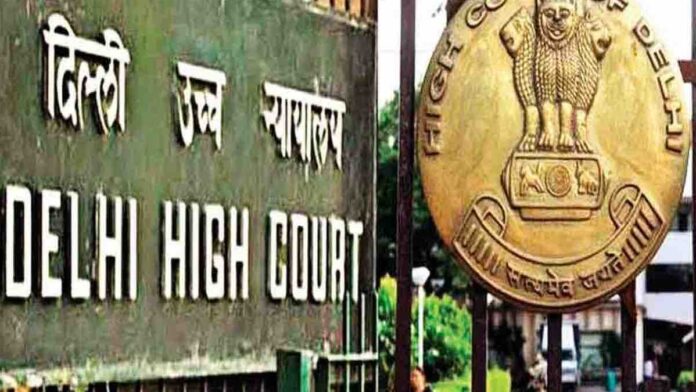The Delhi High Court has reaffirmed the principle that merely participating in a recruitment process does not confer an automatic right to appointment. The court dismissed a petition filed by Vijay Kaushik, who sought a notional appointment and seniority benefits for the post of Sub Inspector (Executive) in Delhi Police following a recruitment examination held
To Read More Please Subscribe to VIP Membership for Unlimited Access to All the Articles, Download Available Copies of Judgments/Order, Acess to Central/State Bare Acts, Advertisement Free Content, Access to More than 4000 Legal Drafts( Readymade Editable Formats of Suits, Petitions, Writs, Legal Notices, Divorce Petitions, 138 Notices, Bail Applications etc.) in Hindi and English.




